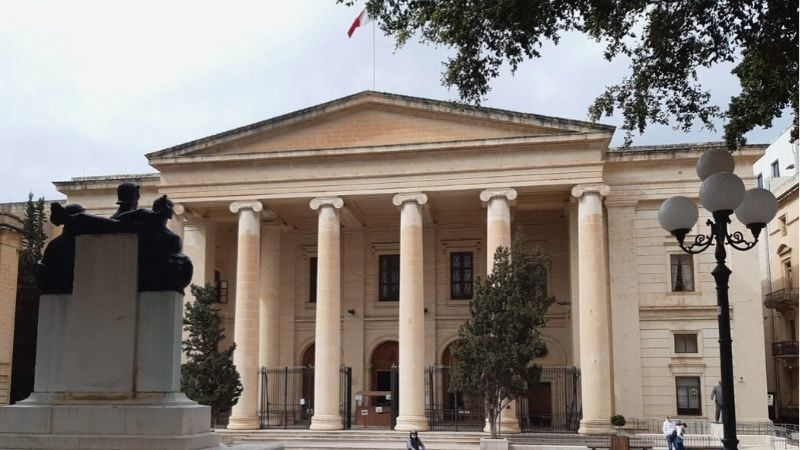The Chamber of Advocates has expressed “serious reservations” about the proposed amendments to the Interpretation Act through Bill 198 recently presented in Parliament, warning about the need to respect the Constitution.
In its position paper published on 10 March, the Chamber said it found “the proposed amendments to be remarkable and [called] upon the competent authorities to completely re-think the proposals contained in that Bill, and to show respect to the supreme law of the land – the Constitution”.
The Chamber also noted that while the Bill may initially appear harmless, a more thorough analysis suggests that should the Bill become law it would have the far-reaching consequence of allowing the imposition of fines without due process.
The proposed Bill aims to allow the government to impose severe fines while avoiding the courts. This cannot be done because Malta’s Constitution is clear: beyond a certain limit, any stiff financial penalty may only be imposed by the courts, that is by judges or magistrates, which need to be involved every stage of the way, right from the beginning. The person facing severe fines and measures needs all the protections of the courts afforded to them by Article 39 of the Constitution.
And because certain amendments to the Constitution can only be effected with a two-third majority vote in the House of Representatives, what Justice Minister Edward Zammit Lewis is proposing is to amend the Interpretation Act (referred to in the very last provision of the Constitution, Art. 124) and re-categorise what constitutes a criminal sanction.
Its application, the Chamber notes, will affect the right to due process by an impartial and independent court.
The reference to the Interpretation Act in Art. 124 (then Art. 126) was introduced in 1974, but it was never intended to open a back door to the Constitution whereby it, and the rulings of the Constitutional Court, could be sabotaged.
The Chamber views the current Bill as “an amendment, by stealth, of the Constitution itself which can only be amended by a two-third majority vote in the House of Representatives.”
It went on to add that the “Chamber cannot quite appreciate the policy basis to allow the imposition of potentially excessive penalties by regulatory authorities without due process. There can be little, if any doubt, that the ultimate effect of these amendments is to allow what the Constitutional Court and the ECHR have already termed as criminal sanctions to be imposed without due process. This is a significant erosion of the sanctity of the right to due process and the supremacy of the Constitution, which is innately unacceptable”.
The Chamber concludes its analysis by stating that “trying to take a short cut and in the process denting the supremacy of the Constitution and its interpretation by the Constitutional Court is certainly not the solution, indeed it is a short-sighted and very dangerous option that places the protection of law in jeopardy.”
The proposed Bill has also been heavily criticised by four legal experts – Giovanni Bonello, Tonio Borg, Austin Bencini and Kevin Aquilina – who wrote to show how it whittles fundamental rights and due process. It has also been criticised by a former Attorney General and judge of the European Court, Anthony Borg Barthet.












